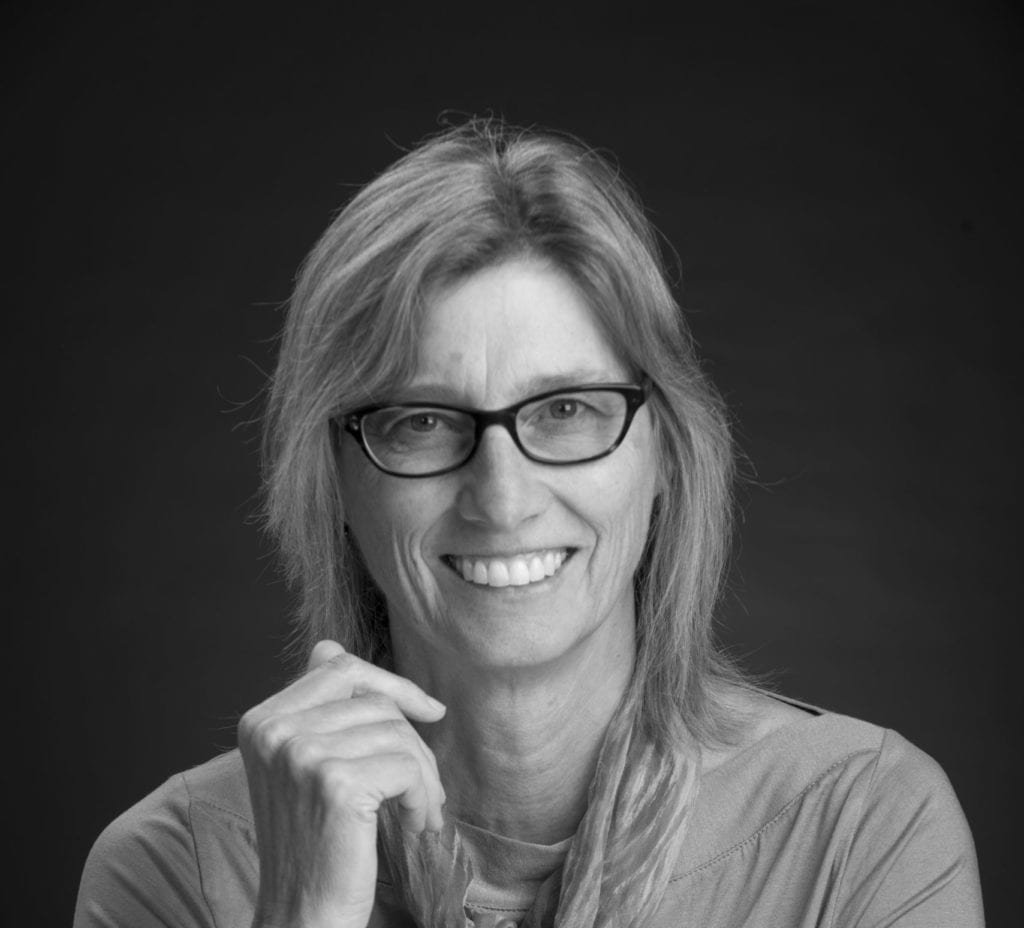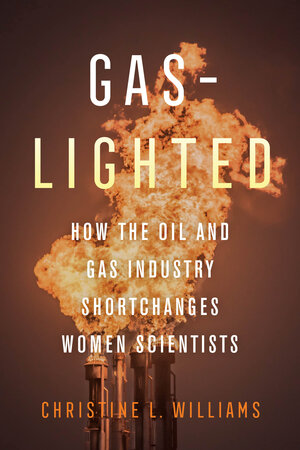A past ASA President and award-winning author, Christine Williams is one of the most influential sociologists researching gender inequality and work. In this interview, Christine discusses what she learned while writing her new book, Gaslighted: How the Oil and Gas Industry Shortchanges Women Scientists.

Christine Williams is Professor of Sociology at The University of Texas at Austin, where she specializes in the study of gender and work. In addition to Gaslighted, she is the author of several ground-breaking books, including Inside Toyland, Gender Differences at Work, Still a Man’s World, and Self, Social Structure and Beliefs.
The oil and gas industry is one of the richest and most powerful industries in the world. In recent years, company avowals in support of diversity, much-touted programs for “women in STEM,” and, most importantly, a tight labor market with near parity in women pursuing geoscience credentials might lead us to expect progress for women in this industry’s corporate ranks. Yet, for all the talk of “the great crew change,” the industry remains overwhelmingly white and male. Sociologist Christine L. Williams asks, where are the women? To answer this question, Williams embarked on a decade-long investigation—one involving one hundred in-depth interviews, a longitudinal survey, and ethnographic research—that allowed her to observe the industry in times of boom and bust. She found that when the industry expands, women may be able to walk through the door, but when the industry contracts, the door becomes a revolving one, whirling ever faster, as companies retreat to their white male core. These gendered outcomes are obscured by firms’ stated commitments to diversity in hiring and the language of merit. The result is organizational gaslighting, a radical dissonance between language and practice that Williams exposes for all.
You’ve had a long and accomplished career studying gender inequality, and your work has fundamentally shaped how sociologists study gender. How did you first become interested in studying women’s experiences in this particular industry?
I live in Texas, where the oil industry plays an outsized role in our economy and government. Granted its white male domination, it is an appealing research site for any sociologist interested in gender and racial inequality in the workplace. But my pathway into the industry was almost purely serendipitous. I was contacted by a group of women geoscientists who needed an expert to help them analyze data they collected on women’s attrition from oil and gas. What I thought would be a two-week effort turned into a ten-year project.
You spent ten years researching the book, observing the industry through times of boom and bust. What were some of the things you noticed from observing the industry through these cycles?
I learned the importance of situating our research in the prevailing economic conditions. If I had only looked at the industry during the boom, I would have missed a key dynamic that pushes women out. The bust cycles are the times when women—particularly mothers of young children—are targeted for lay-offs, allowing the industry to revert to its white male core.
What was something surprising or unexpected that you discovered over the course of your research?
Before doing this study, I was gaslighted like everyone else. I thought women’s underrepresentation in this industry was explained by a STEM shortage. I truly believed that these companies were concerned about diversity and retention of women. And I thought that highly trained women were deciding to leave their lucrative jobs. All of these assumptions turned out not to be true.
What is a particular story that still sticks with you?
I learned so much talking to oil industry scientists and engineers over the course of a boom-and-bust cycle. They shared with me their hopes, dreams, and ambitions at the start of their careers, as well as their fears and disappointments as wave after wave of layoffs decimated their ranks. During one round of layoffs, an engineer told me that he had volunteered to be laid off in order to protect a coworker who was a new father on a temporary work visa and thus slated for the axe. (The company turned down his request.) I hope my book conveys the humanity of the people who work in this industry, and the challenges they face in their jobs.
I also learned how hard it is to criticize your employer. As a tenured professor, I take it for granted that I can speak out when I observe unfair or unjust practices. Scientists and engineers working in industry cannot do this without jeopardizing their livelihoods. Women face added pressures to conform, as anyone who speaks out about sexism or racism is immediately labelled a troublemaker. I’ll never forget interviewing one geoscientist about her experiences—she had been demoted during the downturn—and she literally covered up her ID badge when she explained what happened. This small gesture conveyed to me that dissent is not tolerated at her company.
What is the main message you hope readers will take away from your book?
Oil companies claim to be devoted to diversity, equity, and inclusion. They institute programs like unconscious bias training that do nothing to achieve these goals. In the end, the only thing that will improve diversity in this industry is hiring, promoting, and retaining women from all backgrounds as well as racial/ethnic minority men. Companies may increase diversity during boom times when the demand for technical labor is high, but arbitrary layoffs allow companies to revert to their white male core after every downturn. To truly transform this industry will require limits on corporate downsizing. A diverse technical workforce empowered to dissent without fear of arbitrary layoffs is the best hope for an accountable oil and gas industry.
